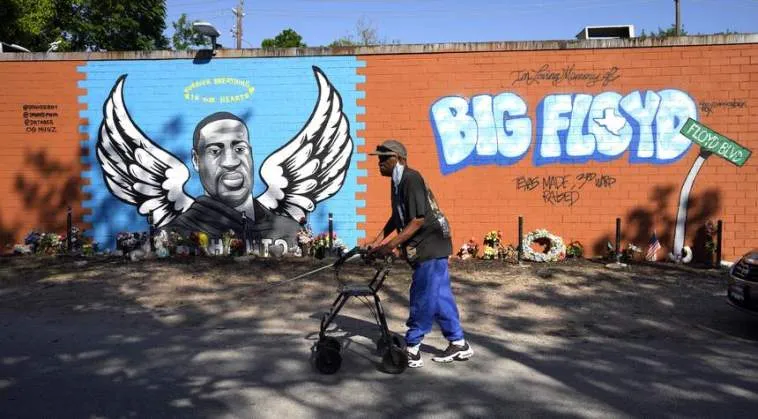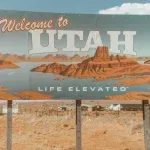(PJ Media) Not to be outdone by California, representatives of the Evil Party in Minnesota on Thursday introduced the “Minnesota Migration Act” in the state legislature “to study and provide reparation grants for American descendants of chattel slavery who reside in state.”
This is a reparations bill that is designed to redress, according to one of its sponsors, the “structural institutionalized racism in Minnesota and all of American society,” which they claim “has led to overwhelming Black-white disparities in housing, business investment, economic prosperity, health and wellness, life expectancy, and infant mortality.” To end that structural racism, or at least make up for the damage it has done so far, white Minnesotans are going to have to pony up $100 million.
It’s noteworthy that the sponsors of this act are Minnesota Reps. Samakab Hussein, Hodan Hassan, Ruth Richardson, Mohamud Noor, Athena Hollins, and Cedrick Frazier. All appear to be black, but Hussein, Hassan, and Noor seem to be part of the wave of Somalis (which also included Ilhan Omar) who began immigrating to Minnesota in the 1980s and 1990s.
The question thus inevitably arises: if this bill passes, which it very well could in woke Minnesota, will the Somali community be among those who receive the reparations cash, or will they have to line up with Whitey to pay out the money?
The bill calls for the establishment of an advisory council that will, among other things, “determine what form of compensation to African Americans who are descendants of persons enslaved in the United States can be achieved.” The Somalis certainly aren’t descendants of people enslaved in the United States, so apparently, they will be among those who are paying for the African Americans’ gravy train.
There are other problems as well. The act stipulates that all members of the advisory council “must be chosen with an emphasis on appointing members who are descendants of persons believed to have been enslaved in the United States, or members of the American descendants of chattel slavery with lived experience of racial discrimination and who were impacted by policies which have caused intergenerational trauma.”
That means that at least three of the act’s five sponsors can’t be on this council. What’s more, staffing it is going to be hard to come by if every member has to be the descendant of a slave. You may recall, if you’ve studied American history at all, that Minnesota was admitted to the Union in 1858 as a free state.
Ah, but Hussein, Hassan, Richardson, Noor, Hollins, and Frazier are ready for that objection. Their bill claims that “although slavery was illegal in Minnesota, Dred Scott and Harriet Scott were held in military bondage at Fort Snelling, along with other African Americans who were used for enslaved labor by United States Army agents.” So the bill is going to have the state of Minnesota apologize not just for George Floyd, but for Dred Scott. According to the Minnesota Historical Society, “it is estimated that throughout the 1820s and 1830s anywhere from 15 to more than 30 enslaved African Americans lived and worked at Fort Snelling at any one time.”
So the reparations advisory council is going to have to draw its membership from an extremely small group of people, in order to formulate procedures for the state of Minnesota, which did not exist at the time that there were slaves in what became its territory, can make up for the wrongs done to people who are long dead by people who had nothing to do with that wrongdoing.






